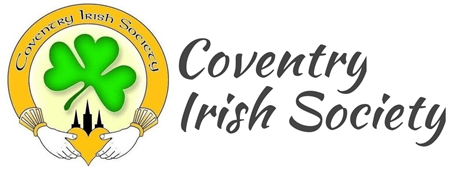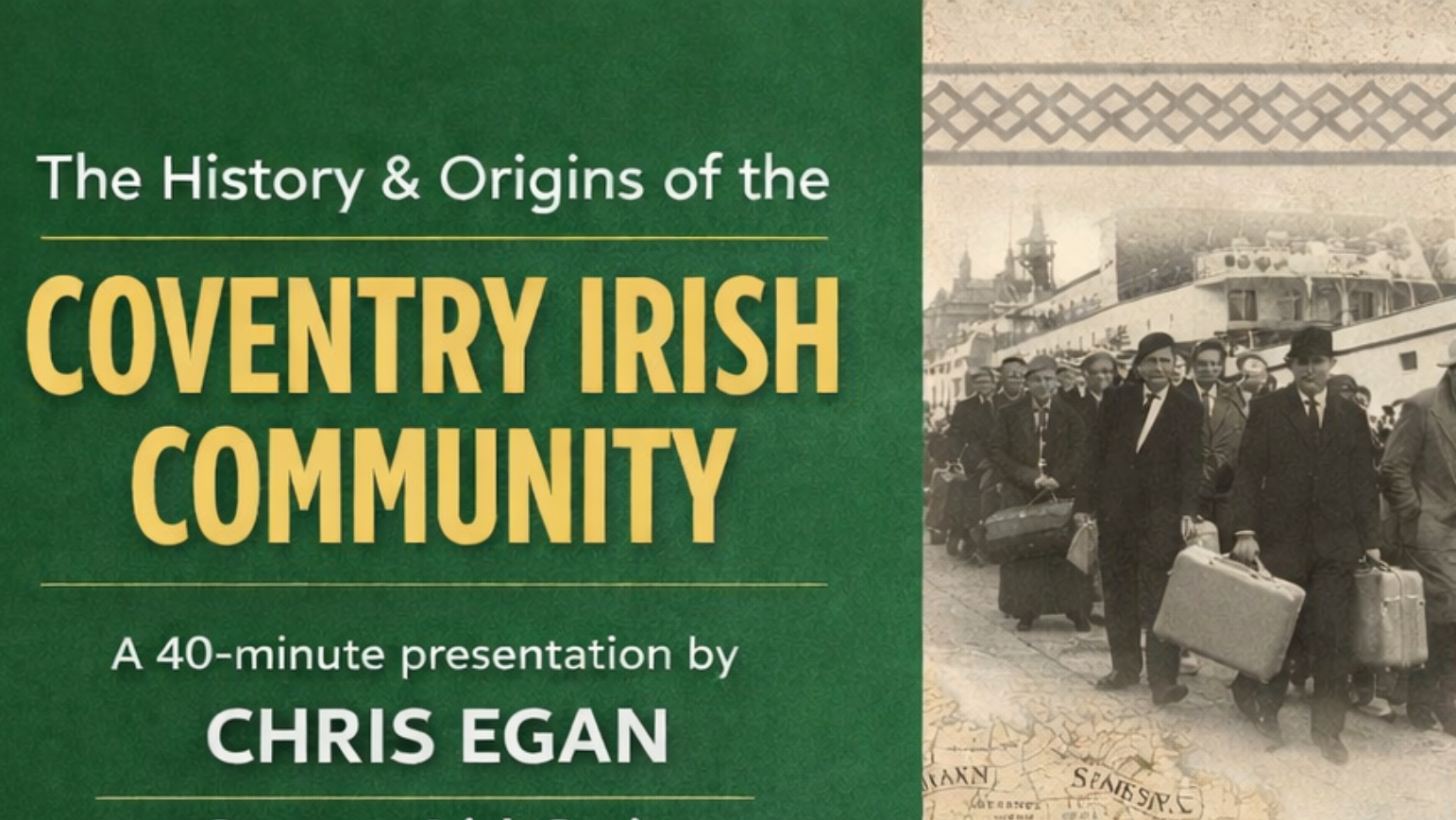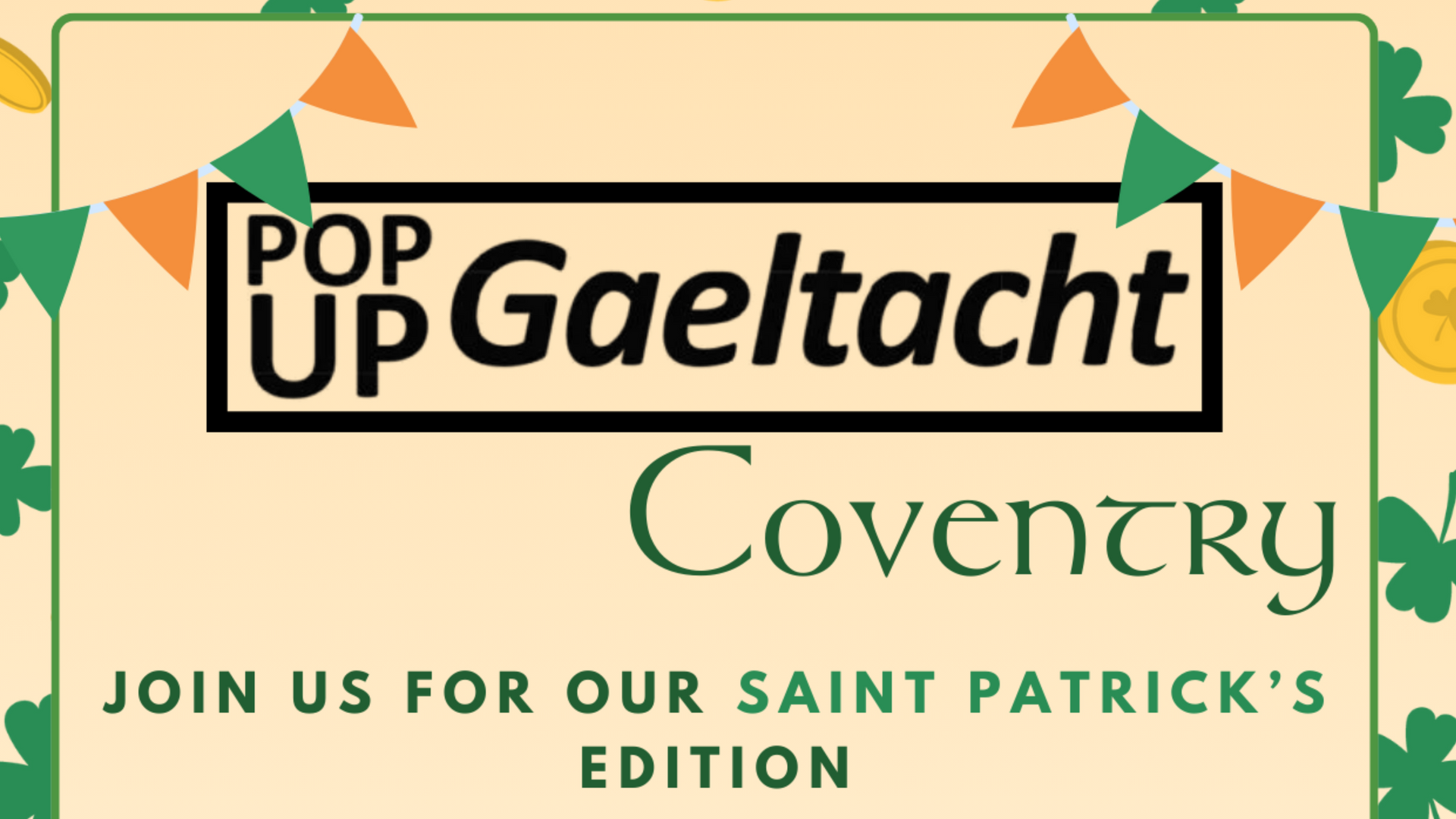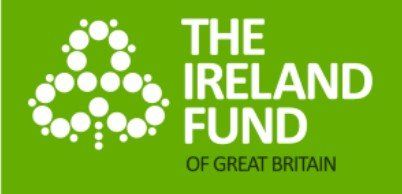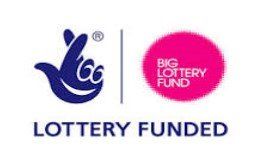
Remembering John Bruton: A Legacy of Leadership in Irish Politics
March 7, 2024
Former Taoiseach John Bruton, whose recent passing marked the end of an era, was a political tycoon whose contributions left a significant mark on Irish history. As the world reflects on his life and legacy, lets delve into the dimensions of Bruton's leadership that spanned the critical mid-1990s—a period that proved fundamental to the ensuing peace process in Northern Ireland.
One of Bruton's seminal achievements was the launch of the Anglo-Irish Framework Document in 1995, a document that played a pivotal role in setting the stage for peace negotiations. At a time when the political landscape was fraught with challenges, Bruton's ability to prioritise unity over political self-interest drew commendation, notably from former UK Prime Minister John Major. In an era where such qualities seem increasingly scarce, Bruton's commitment to collaborative statesmanship shines as a beacon of principled leadership.
However, Bruton's legacy extends far beyond the peace process. His leadership was characterised by a forward-looking approach, evident in his steering through a referendum that resulted in the legalization of divorce in Ireland. Moreover, his oversight during the Celtic Tiger economic boom showcased a commitment to not only social reform but also
economic progress.
The 1996 Drumcree crisis stands out as a poignant moment in Bruton's tenure, where tensions escalated between Protestant marchers and Catholic residents. A tense phone conversation with Prime Minister John Major exemplified Bruton's dedication to addressing contentious issues during this critical period. His nuanced approach to delicate matters
underscored a commitment to finding common ground amid adversity.
Bruton's condemnation of IRA violence, while facing accusations of excessive sympathy towards Northern Ireland unionists, highlighted the complexity of his political stance. His disapproval of the 1916 Easter Rising and simultaneous admiration for reformist figures like Sean Lemass illustrated a nuanced approach to Irish politics, a position not too common amongst the tumultuous landscape.
Political observers also commend Bruton for his adeptness in coalition politics. Holding together the rainbow coalition of Fine Gael, Labour, and the Democratic Left showcased his political skill and commitment to reaching across the aisle. His subsequent role as the EU ambassador to the USA solidified his reputation as a committed European, emphasising the
importance of international cooperation.
As the news of Bruton's death coincides with a resurgence of political activity in Northern Ireland, it serves as a poignant moment for reflection on the progress achieved and the ongoing efforts to maintain peace. The renewed vigour in the Assembly can be seen as a continuation of the legacy of stability and cooperation that Bruton worked tirelessly to establish. In the midst of the scandals that marked Irish politics during his era, Bruton distinguished himself as somewhat of a gentleman. Despite the ups and downs of his career, his political philosophy of "do the right thing but do something, keep moving forward" as quoted by fellow former Taoiseach Enda Kenny resonates as a testament to his unwavering
commitment to positive change.
In honouring John Bruton's legacy, Ireland acknowledges a leader who played a vital role in shaping a more inclusive, stable, and forward-looking political landscape. His impact on the peace process and commitment to doing what is right continuing to inspire those working towards a harmonious and prosperous future for Ireland. The pages of history will forever bear the imprint of John Bruton—a statesman, peacemaker, and visionary leader.
Article by Kate O'Mahony.

Join us for a special St. Patrick's day Lunch Club from 12:30pm - 5:00pm at CIS Office, Eaton House | £10 per ticket . Blessing of the Shamrock Mass - 12pm at St Osburg's Church | Blessings of the Shamrock kindly provided by our twin City, Cork. Enjoy an Irish Stew and buffet, a special visit from St Patrick, plus live performances with music from Frankie and the McHugh School of Irish Dancers. Tickets are available at the office. Please contact us on 02476 256629 or get in touch at cis@covirishsoc.org.uk or on Facebook.
Your support can make a difference
Consider contributing as little or as much as you can. Every pound donated goes toward keeping our programmes and activities available.
© 2026
All Rights | Coventry Irish Society
Coventry Irish Society is a Registered Charity No. 1150290 : Company Limited by Guarantee No. 8235510
Privacy Statements | Website powered by : Duda Site Builder | Website Developed by : First Stop Web Design
We have taken all steps within our means to ensure this website broadly complies with W3C and The Equality Act standards.
